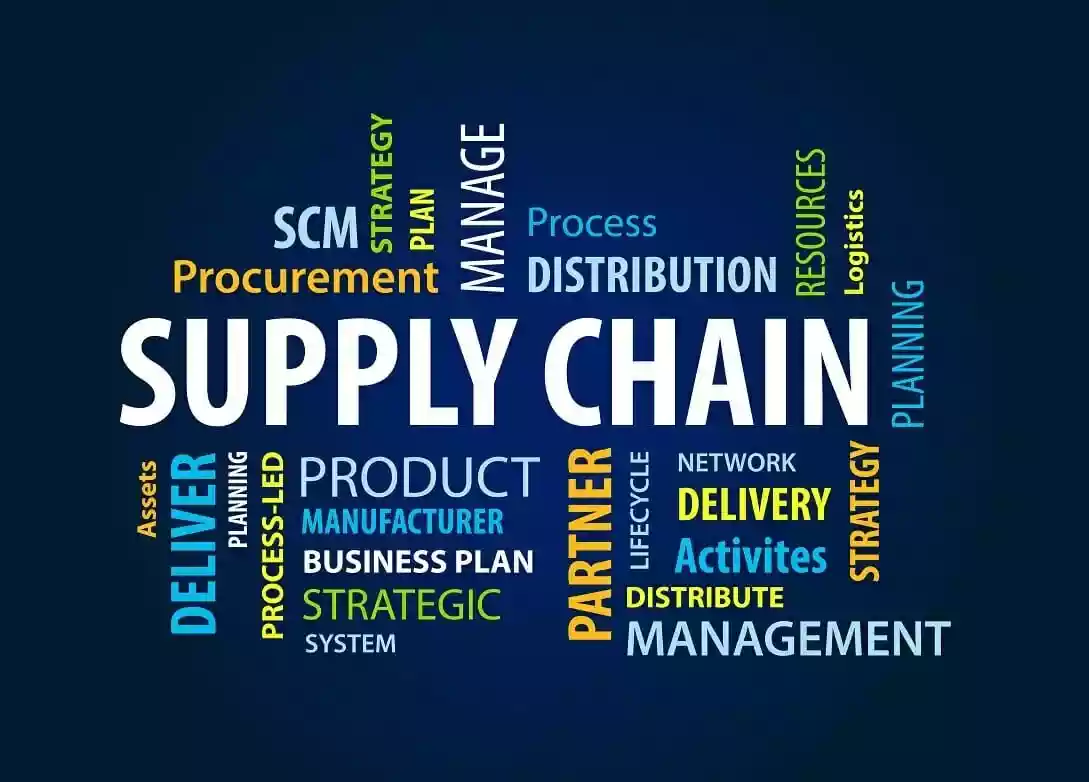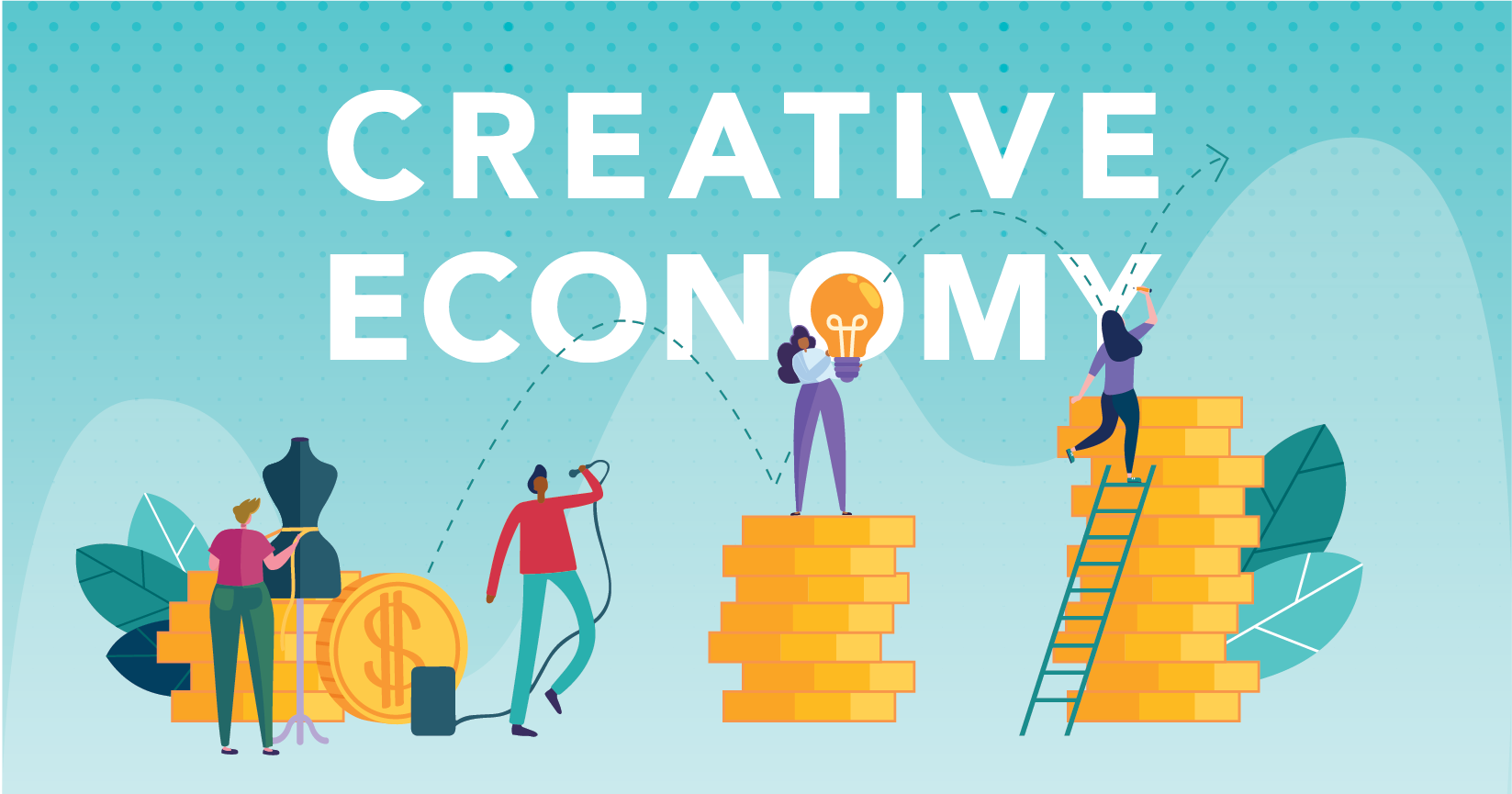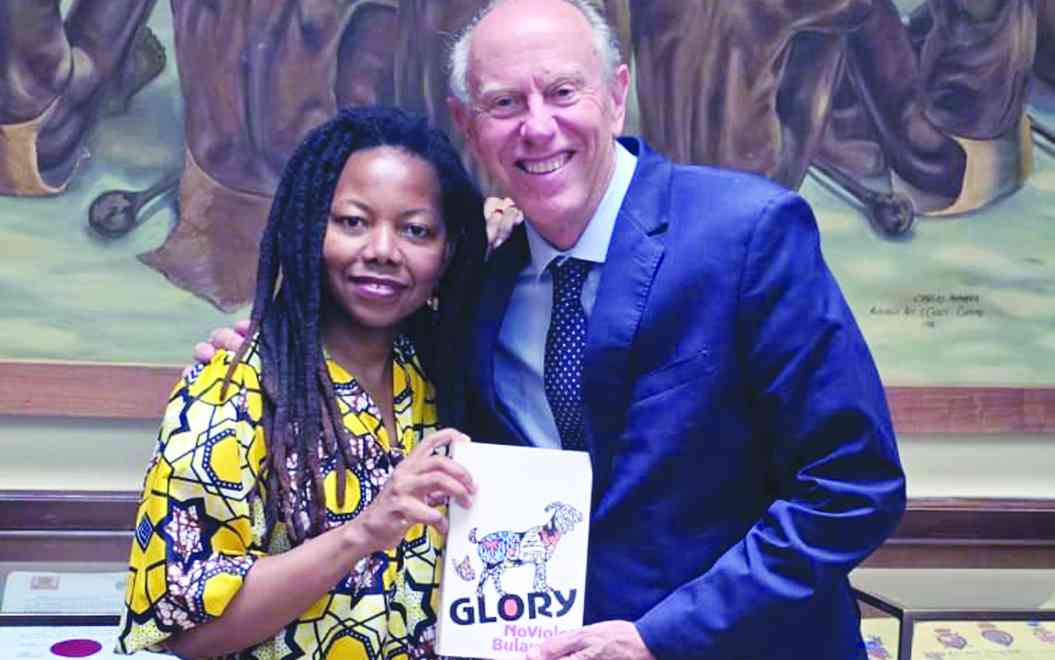
Let’s be blunt: Zimbabwe is bleeding its mining sector dry — and by extension, bleeding the economy itself. In typical fashion, the government is trying to fix decades of failure by punishing the one sector that is still delivering.
I won’t claim the mining industry is innocent. Far from it. Global experience shows that mining firms — especially multinationals — are masters at data manipulation, regulatory evasion, and backroom lobbying. In mineral rich corners of the Global South, they often collude with corrupt regimes to siphon national wealth, burying facts behind a curtain of missing data and “confidential agreements.” Zimbabwe has seen this movie before.
Remember 2006? The government finally realised that a so-called “exploration company” had already shipped high grade diamonds to South Africa — years before regulators caught on. Those gems could have transformed the economy. Instead, they vanished into private vaults while the public got crumbs and promises. And what of the shadowy platinum by-product deals whispered about in Harare’s elite circles? Still unverified, still untouchable. Without hard data, even the most damning suspicions remain rumours.
This is why — for all his autocratic missteps — Robert Mugabe’s demand for domestic platinum refining was fundamentally sound. It was a rare moment of sovereign sense. That same principle now echoes in debates around Zimbabwe’s lithium rush and other critical minerals. The call for local value addition is not just patriotic — it is economic self-preservation.
Who better to enforce this than Winston Chitando, the man at the helm of Zimbabwe’s mining ministry — a former Chamber of Mines president turned government watchdog? If anyone understands the tricks of the trade, it is him. But to be fair, the mining sector has done far more than just survive. It has carried the Zimbabwean economy on its back while agriculture falters, manufacturing withers, and tourism limps through wave after wave of crisis. In 2024, mining generated US$5,9 billion, accounting for nearly 75% of export earnings and a staggering 20% of foreign currency inflows. This year, the sector is targeting US$6 billion in exports — feeding government coffers and keeping 50 000 people in jobs. And yet, miners continue to be punished for their success.
Last week at the Chamber of Mines conference in Victoria Falls, the industry laid it out clearly: they are under siege. Not from foreign competitors—but from their own government. Zimbabwe’s royalties remain obscenely high: 10% on diamonds, 7% on platinum, 5% on lithium.
These rates are not just punitive — they are anti-investment. And let’s be clear: these are not wild complaints. They are supported by regional data. The miners are not lying. Government knows it. But it is easier to suffocate the golden goose than admit policy failure.
Through SI 40 of 2022, government imposed a web of excessive fees and charges — still in force despite industry protests. And just when you thought it couldn’t get worse, the 2025 National Budget doubled down, hiking the community development levy on minerals like lithium and black granite from 1% to 2%. This is calculated on gross value, not profit — so miners lose even if they are not making money.
- Mavhunga puts DeMbare into Chibuku quarterfinals
- Bulls to charge into Zimbabwe gold stocks
- Ndiraya concerned as goals dry up
- Letters: How solar power is transforming African farms
Keep Reading
The pattern is clear: when government runs out of ideas, it reaches for the private sector’s throat.
It gets uglier. As of this year, the Monetary Policy Statement slashed foreign currency retention for exporters from 75% to 70%. That 5% may seem small, but in this environment, it is devastating. Many mining firms are investing in beneficiation plants and expansion projects. They need forex — desperately. But with even government departments demanding US dollar payments, the gap between needs and available currency is now wide enough to derail entire projects.
Said Isaac Kwesu, chief executive officer of the Chamber of Mines: “With most mining companies undertaking expansion and beneficiation projects, the available forex is inadequate … potentially leading to the suspension of key projects impacting negatively on the mining industry.”
This is not just a business problem. It is a national crisis. If the mining sector collapses under the weight of bad policy, there will be no manufacturing to fall back on. No commercial farming to pick up the slack. No tourism miracle waiting in the wings.
This is a test of leadership. It is also a test of memory. Former Finance Minister Patrick Chinamasa said it best during his tenure:
“Be careful not to kill the goose that lays the golden eggs.”
Zimbabwe’s government is not listening. But perhaps it should—before the goose stops laying for good.











